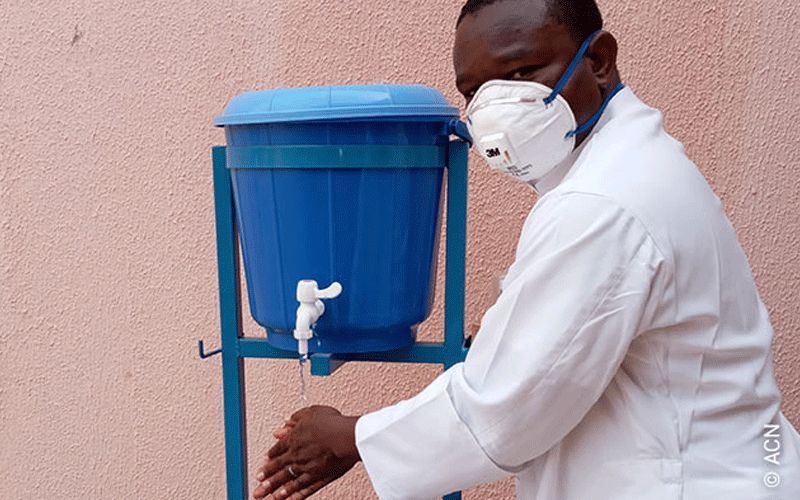Kossoghin, 27 May, 2020 / 12:11 am (ACI Africa).
Seminarians at St. Pierre Major Seminary in Burkina Faso are going to benefit from a financial donation from the international Catholic charity organization, Aid to the Church in Need (ACN), offered to support the fight against the possible spread of COVID-19 at the Kossoghin-based institution in the Central part of the West African nation.
The Germany-based ACN reported its intervention worth €14.000.00 (US$15,250.00) in a message published on its website Tuesday, May 26, making reference to Fr. Théophile Gnimian Dabilougou, the Bursar of St. Pierre Major Seminary who, in his April 29 letter, had explained how the over 300 seminarians risked contracting and spreading COVID-19.
The seminarians are sharing washrooms, a situation that thwarts efforts that have been put in place by the management of the Seminary to combat the possible spread of the coronavirus.
“The main measure affecting the Seminary is confinement. The seminarians are invited to stay in their individual rooms, to reduce the interaction with others and use of the common rooms such as the library, the computer room,” said Fr. Théophile.
According to the Priest, the more than 250 seminarians who stay at the institution were forced to share just over 30 washrooms, forcing 8 seminarians to share a single shower room and toilet, a situation that he said was increasing contagion in the common rooms.








